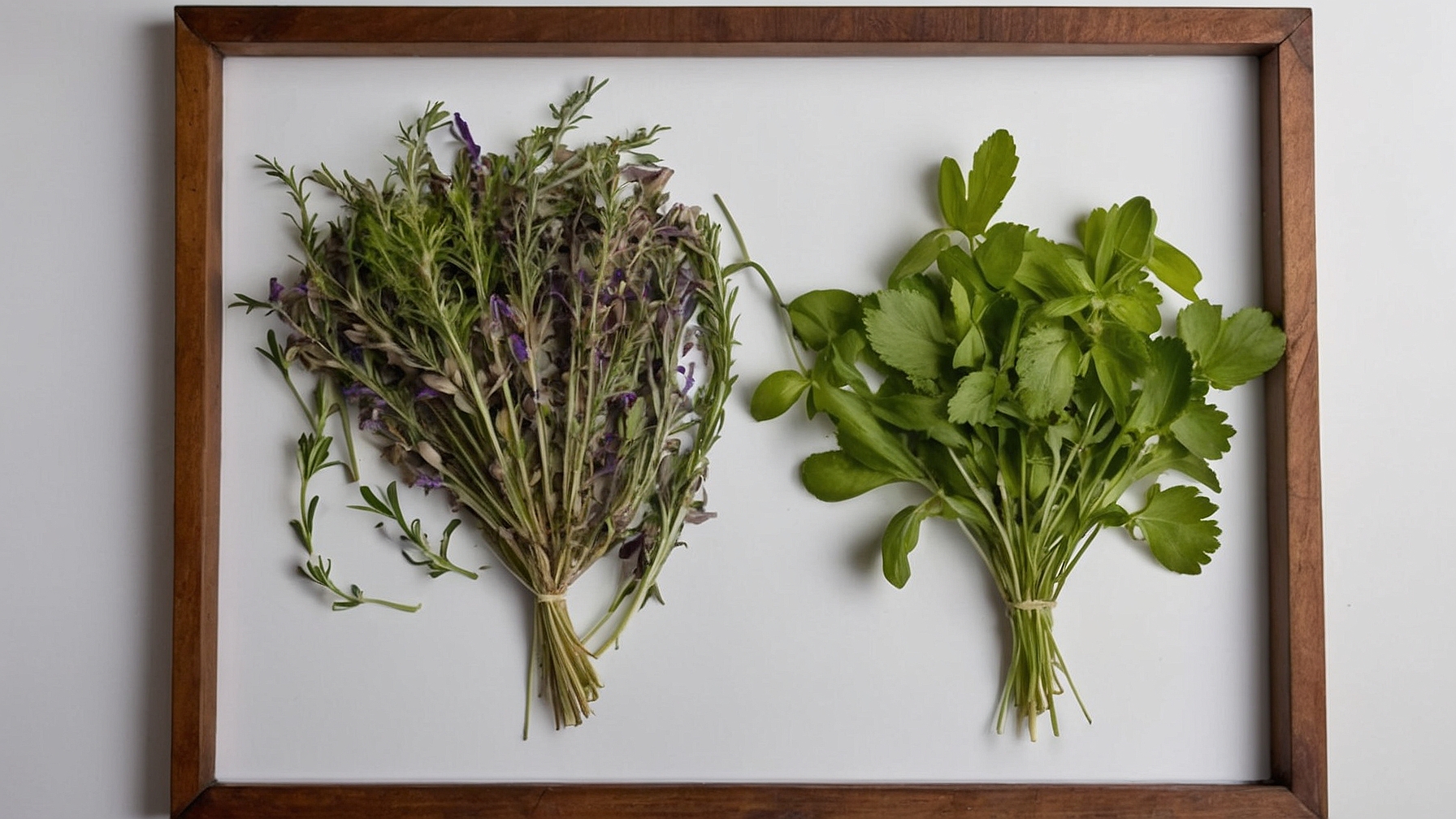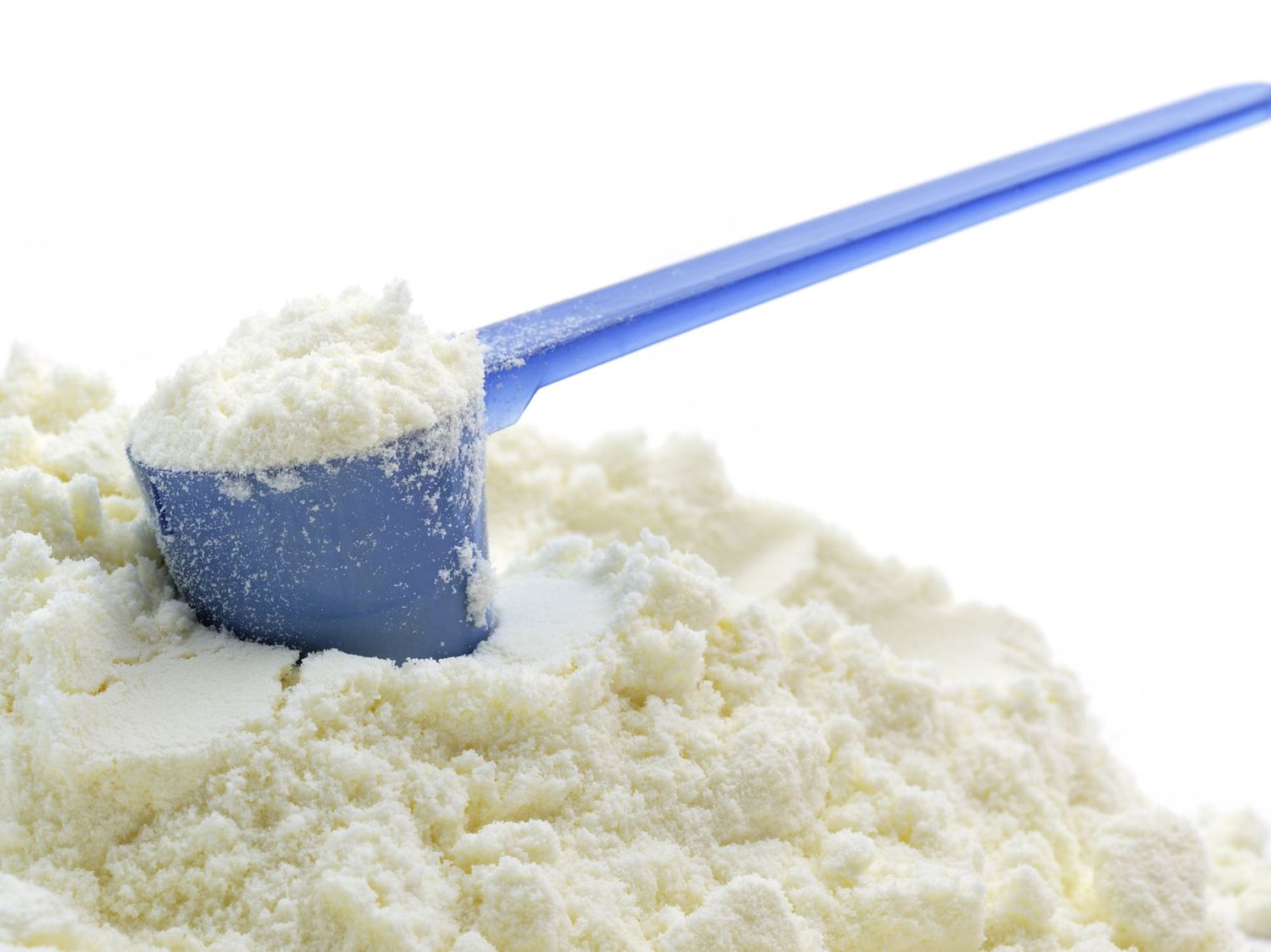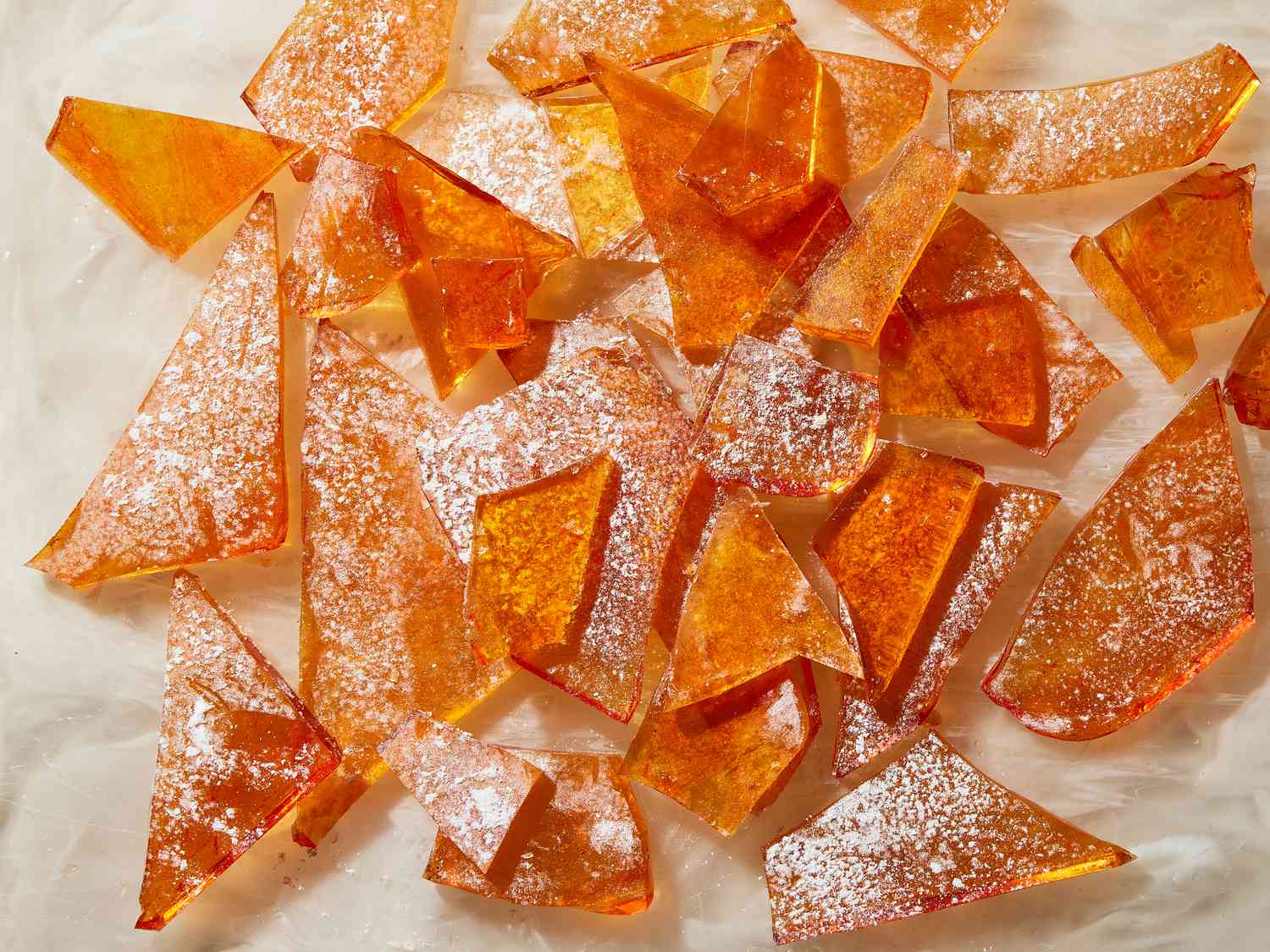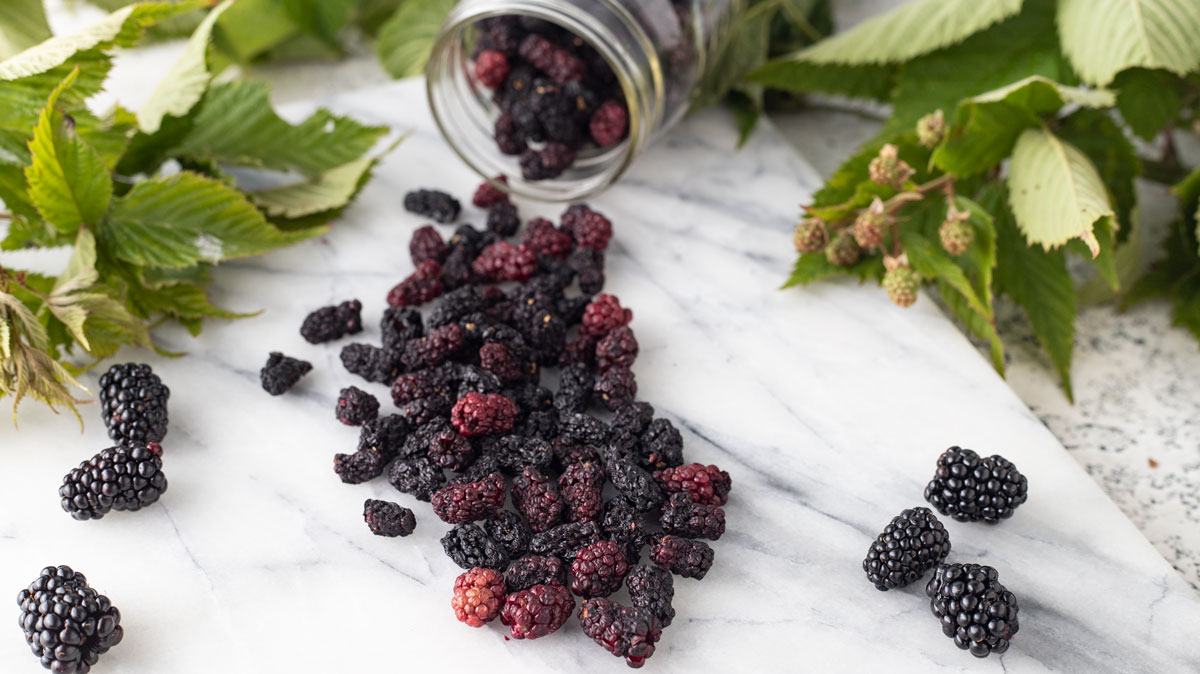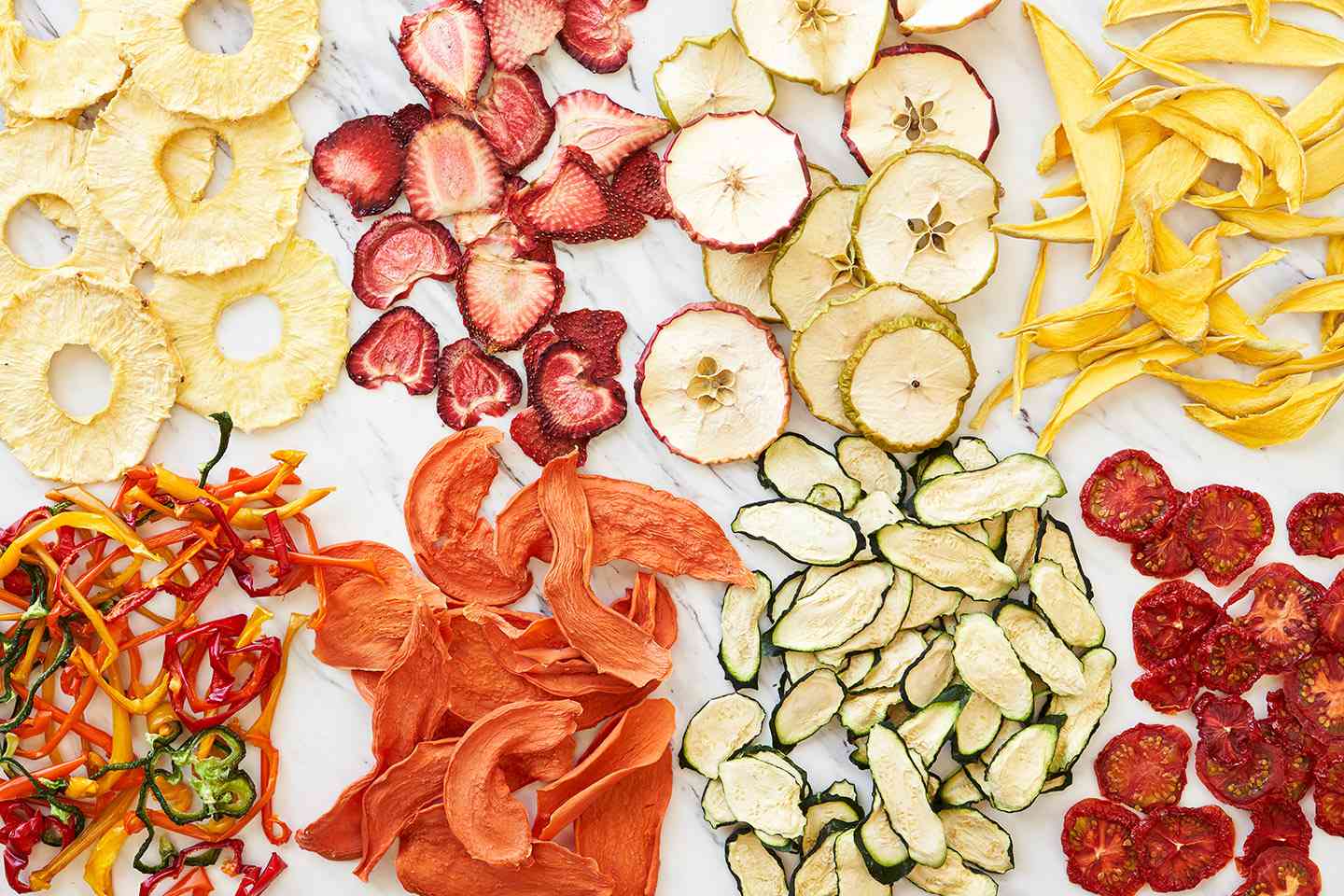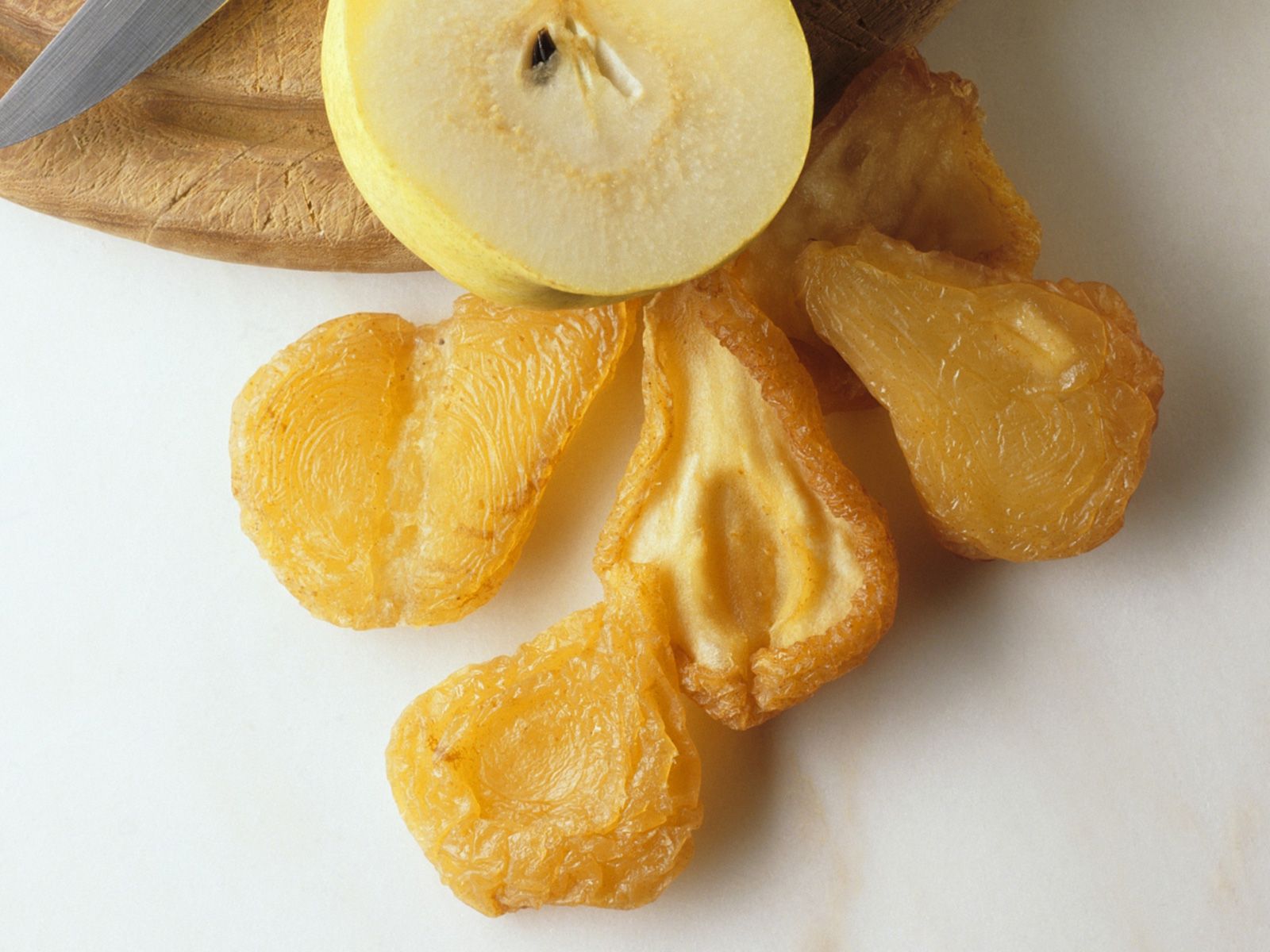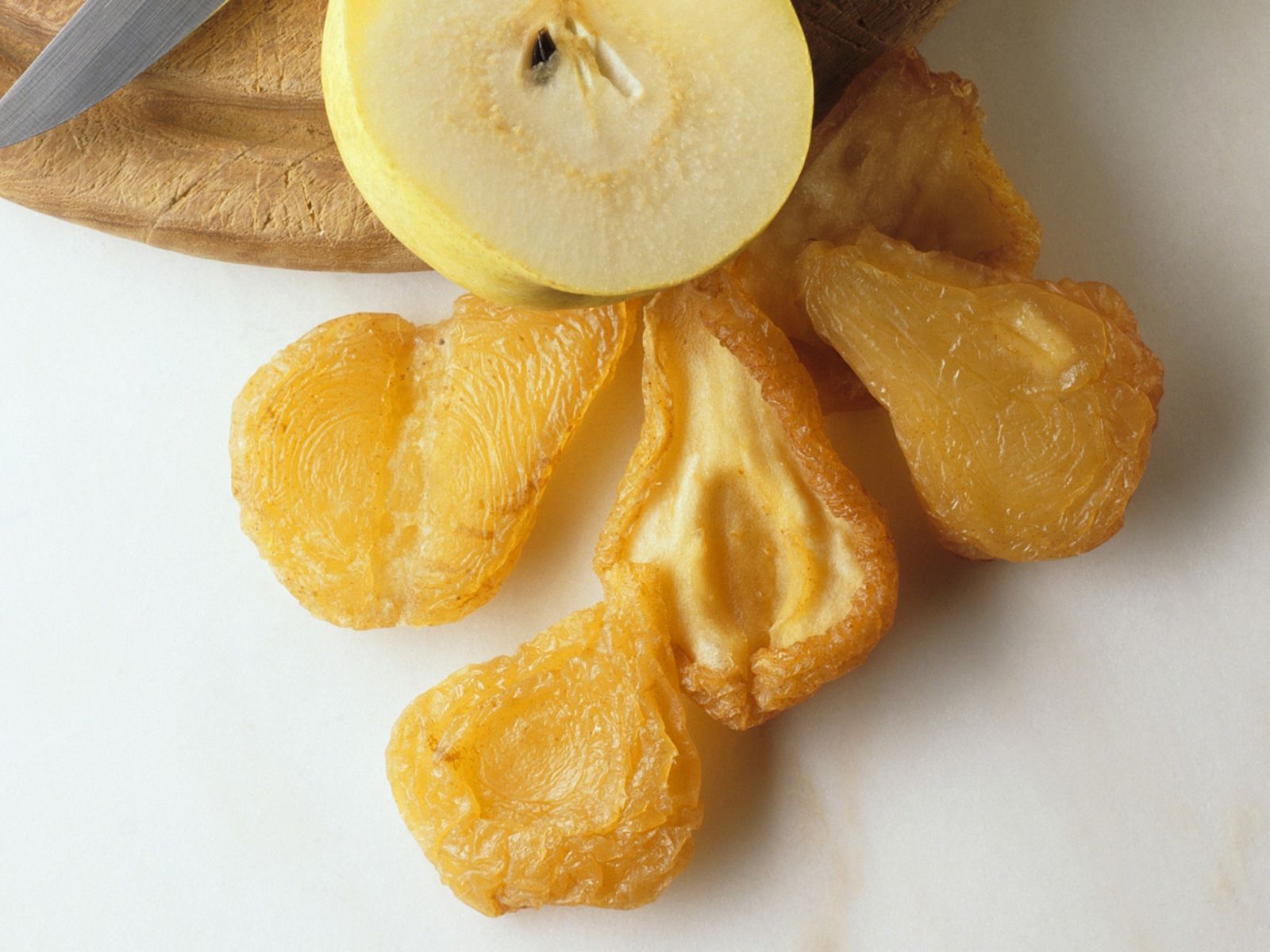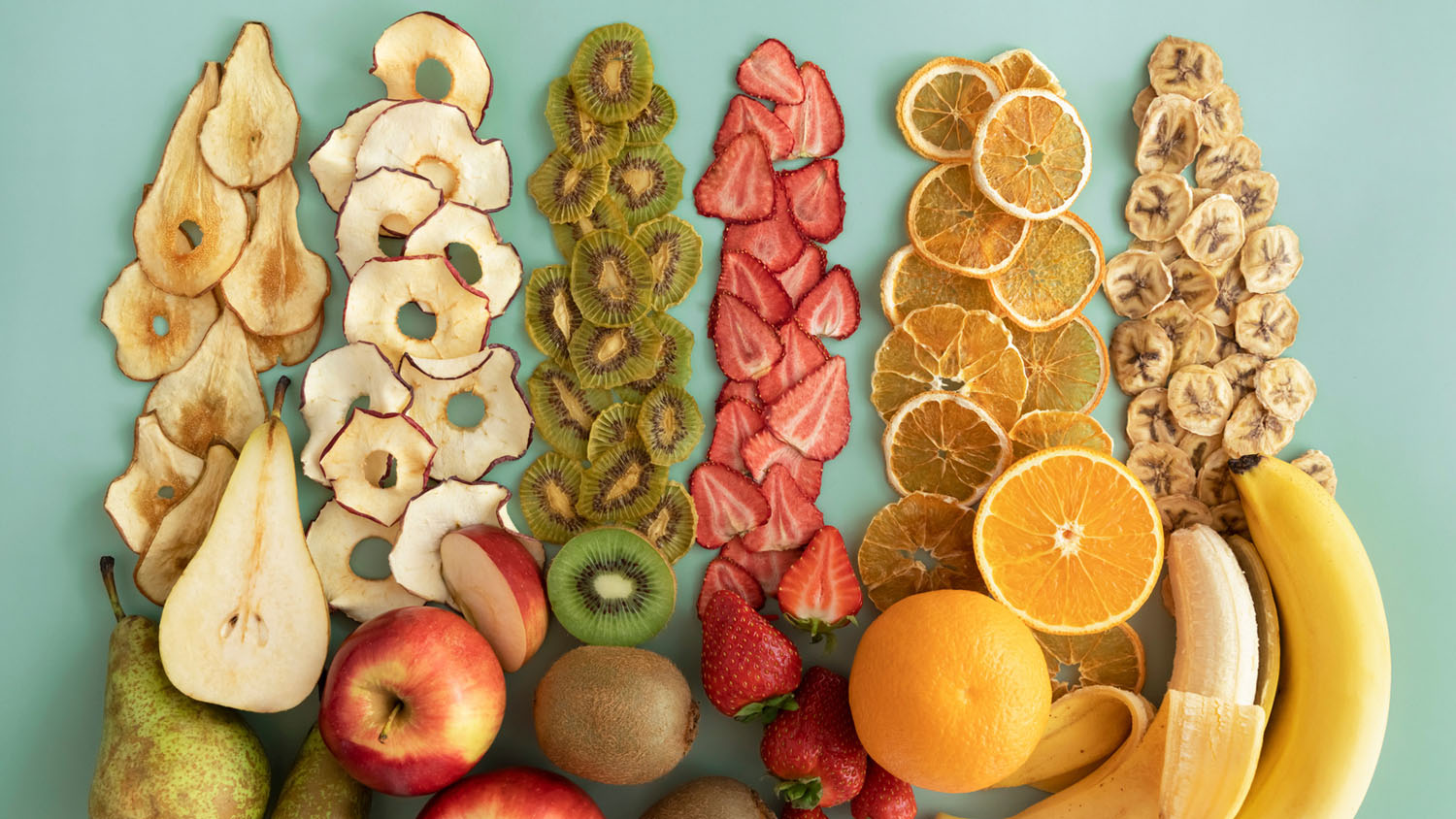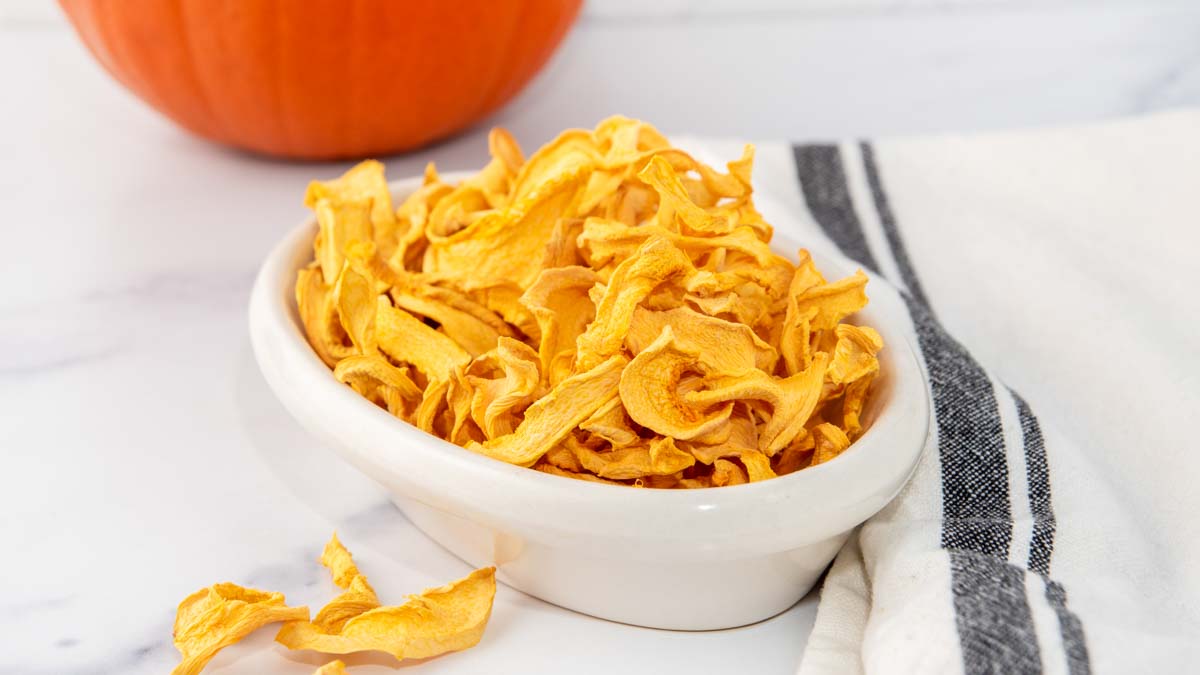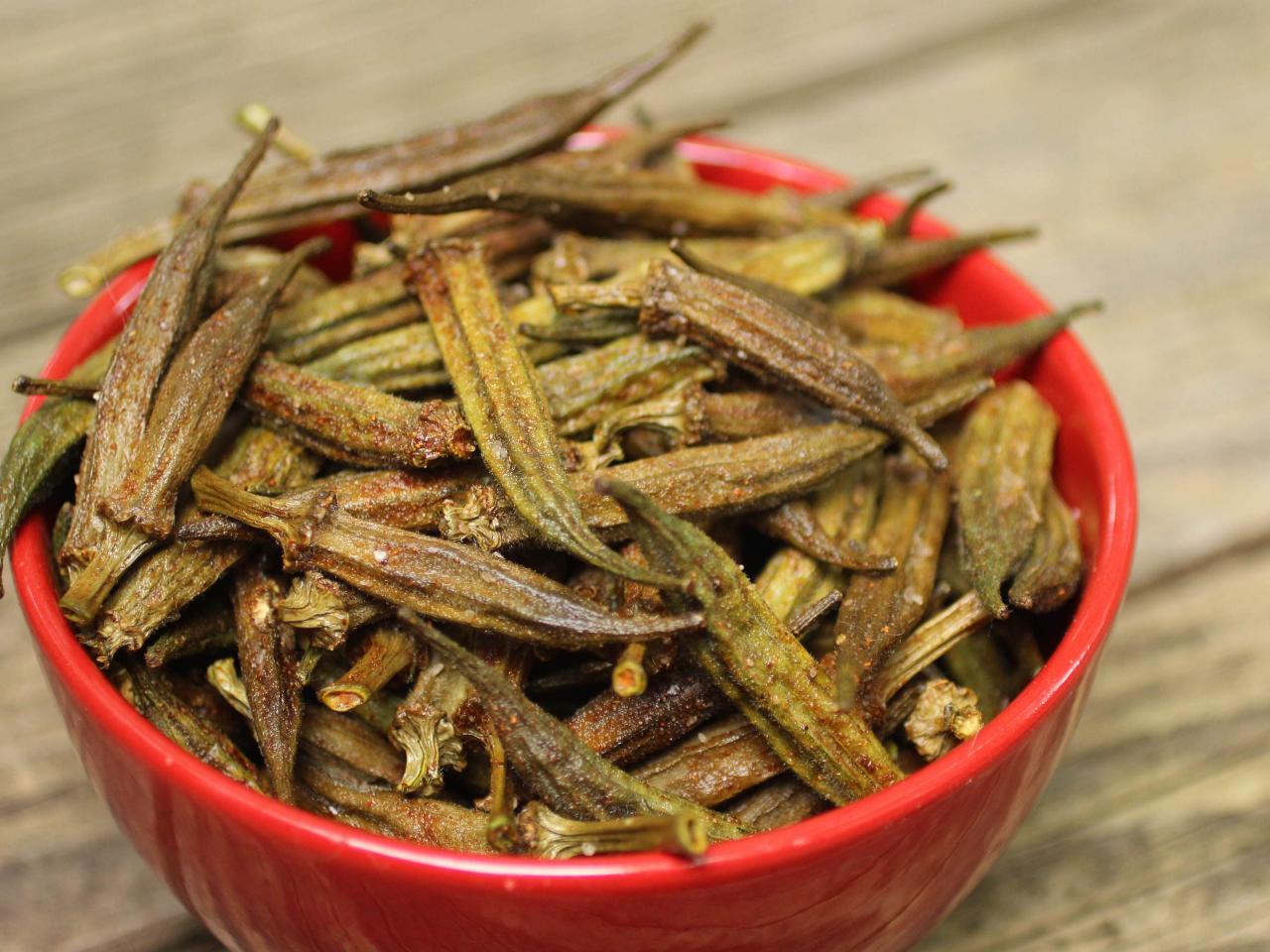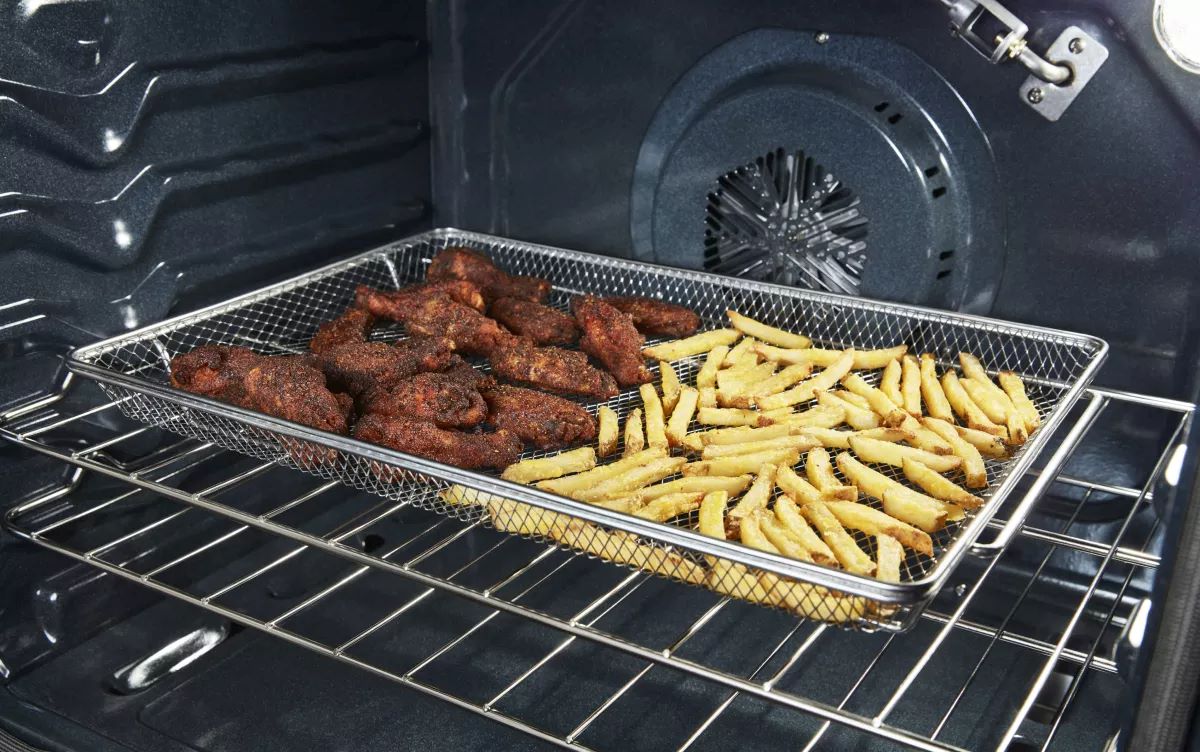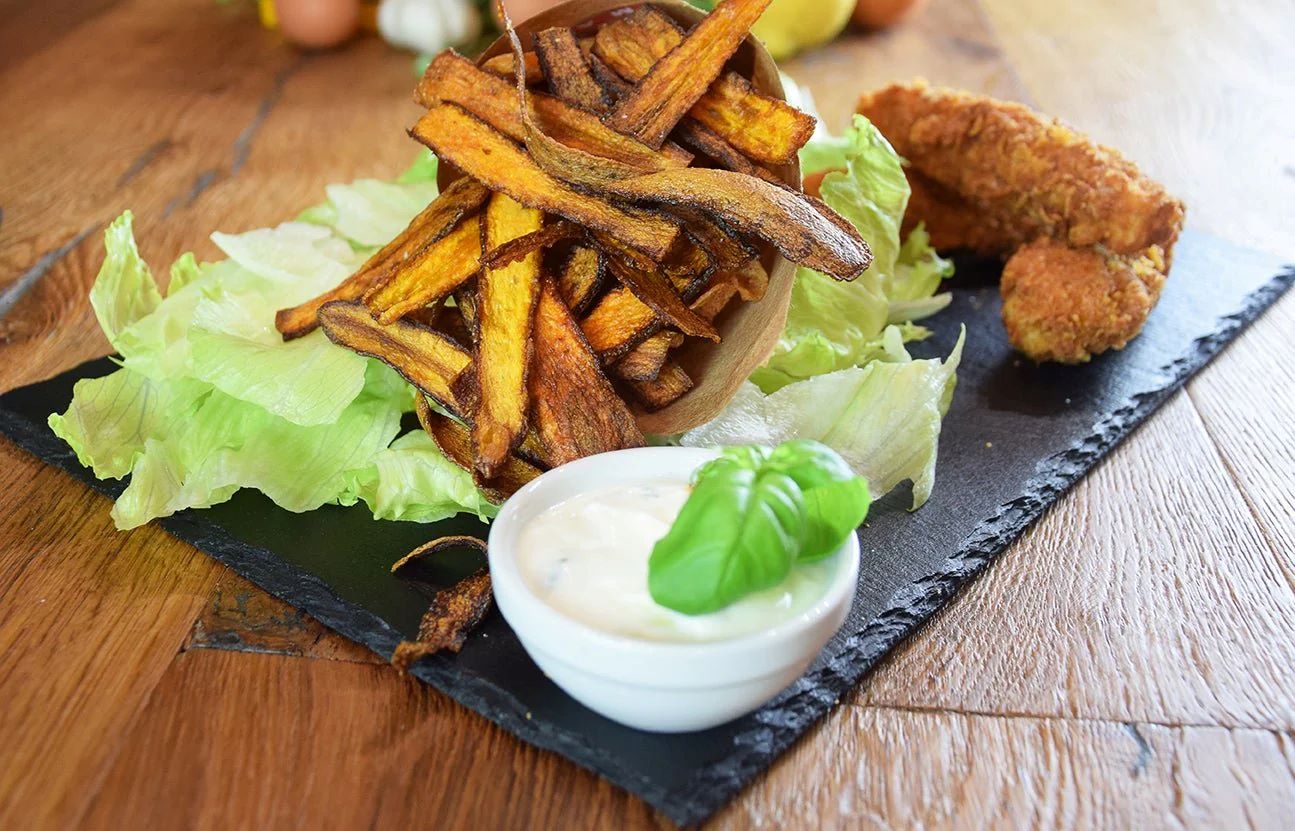Dehydrating Elderberries: A Delicious and Nutritious Process
Dehydrating elderberries is a fantastic way to preserve their goodness for year-round use. Not only does this process extend the shelf life of the berries, but it also concentrates their flavors, making them a versatile ingredient for a variety of culinary creations. Whether you want to make homemade elderberry tea, syrup, or add a burst of flavor to your baked goods, dehydrated elderberries are a must-have in your pantry.
Why Dehydrate Elderberries?
Dehydrating elderberries offers several benefits:
- Preservation: Dehydrating elderberries allows you to preserve them for an extended period without losing their nutritional value.
- Convenience: Dehydrated elderberries are compact and easy to store, taking up less space than fresh berries.
- Flavor Enhancement: The dehydration process intensifies the natural flavors of elderberries, making them a potent ingredient in various recipes.
- Nutritional Value: Dehydrated elderberries retain their essential nutrients, including vitamins, minerals, and antioxidants.
Steps to Dehydrate Elderberries
Dehydrating elderberries is a simple process that can be done at home with minimal equipment. Follow these steps to dehydrate elderberries effectively:
- Harvest and Clean: Start by harvesting fresh elderberries from the stems. Ensure that the berries are ripe and free from any mold or damage. Rinse them gently under cold water to remove any debris.
- Remove the Stems: Using a pair of kitchen shears or a small knife, carefully remove the elderberries from their stems. Discard any stems, leaves, or unripe berries.
- Prep for Dehydration: Once the berries are stem-free, spread them out on a clean kitchen towel and pat them dry to remove excess moisture.
- Dehydrate: Arrange the prepared elderberries in a single layer on a dehydrator tray, ensuring that there is space between the berries for proper air circulation. Set the dehydrator to a low temperature, around 125°F to 135°F, and allow the berries to dehydrate for 8 to 12 hours. Check the berries periodically for dryness.
- Test for Dryness: To test if the elderberries are adequately dehydrated, remove a few berries from the dehydrator and allow them to cool to room temperature. Squeeze them gently – if they feel dry and leathery, they are ready. If they are still soft or moist, return them to the dehydrator for additional time.
- Store the Dehydrated Berries: Once the elderberries are fully dehydrated, allow them to cool completely before transferring them to an airtight container. Store the dehydrated elderberries in a cool, dark place away from direct sunlight and moisture.
Utilizing Dehydrated Elderberries
Dehydrated elderberries can be used in a multitude of ways:
- Infusions: Add a handful of dehydrated elderberries to hot water for a delicious and soothing elderberry tea.
- Syrups and Sauces: Rehydrate the elderberries by soaking them in warm water, then use them to make flavorful syrups and sauces for pancakes, waffles, or desserts.
- Baking: Incorporate dehydrated elderberries into muffins, scones, and bread for a burst of fruity flavor.
- Snacking: Enjoy dehydrated elderberries as a healthy and flavorful snack on their own or mixed with nuts and seeds.
Conclusion
Dehydrating elderberries is a simple and rewarding process that allows you to enjoy the nutritional and culinary benefits of these vibrant berries throughout the year. By following the steps outlined above, you can easily dehydrate elderberries at home and explore the countless ways to incorporate them into your favorite dishes and beverages. Embrace the versatility of dehydrated elderberries and elevate your culinary creations with their intense and delightful flavors.
With the skill of dehydrating elderberries, readers can dive into a variety of delicious recipes. They can try the Elderberry Jam Recipe to spread on their morning toast or the Elderberry Pancake Syrup Recipe for a delightful breakfast. For those who love a bit of tang, the Elderberry Chutney Recipe is a must-try, perfect for pairing with cheese and crackers. If they want something unique, the Elderberry Hot Toddy Recipe offers a cozy, warming drink. Lastly, the Elderberry-Glazed Meat Recipe is a fantastic choice for dinner, adding a sweet and savory touch to their meals. These recipes not only make good use of dehydrated elderberries but also bring a burst of flavor to everyday dishes.
Was this page helpful?
Read Next: How To Dehydrate Honey In Oven
